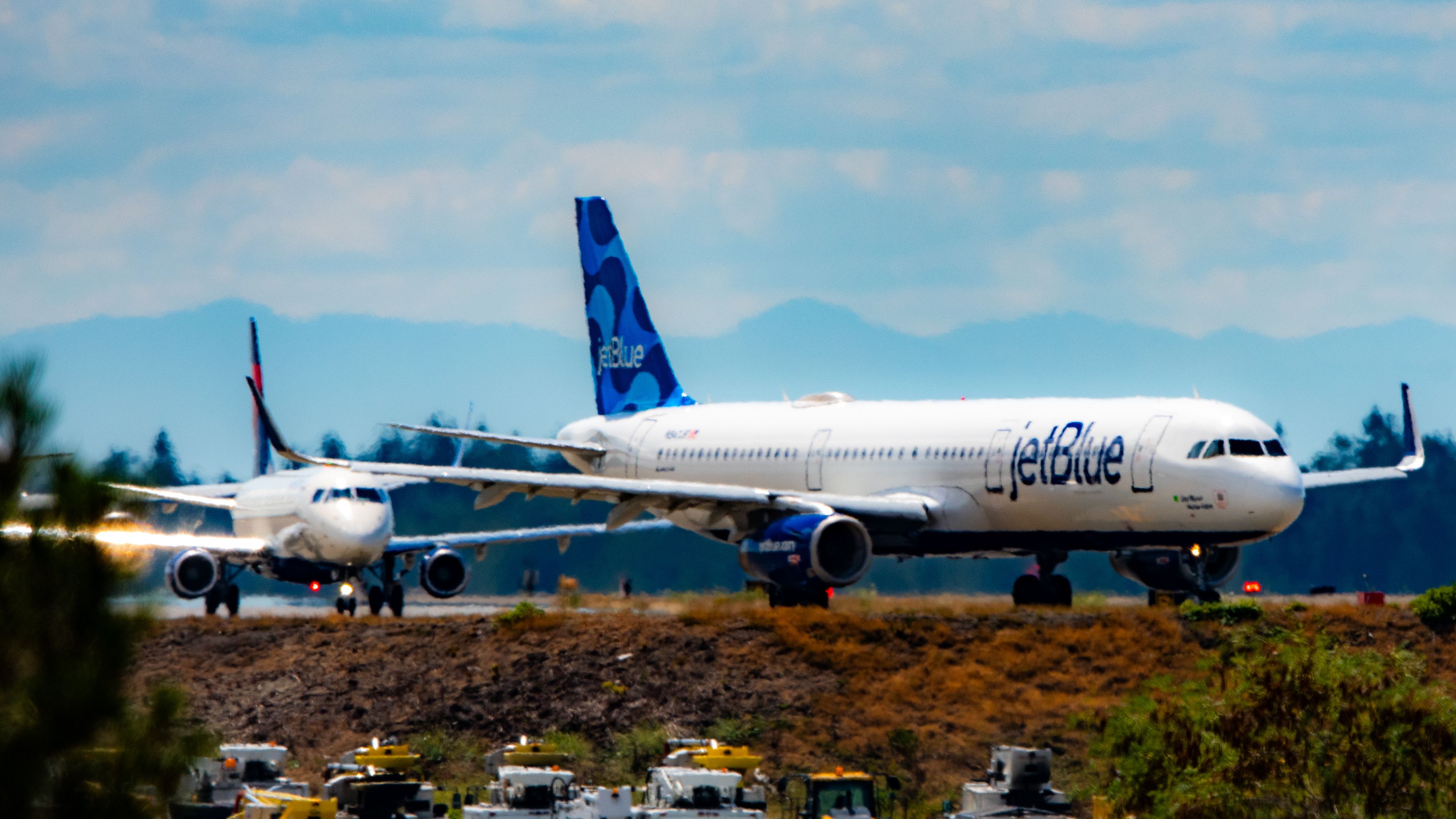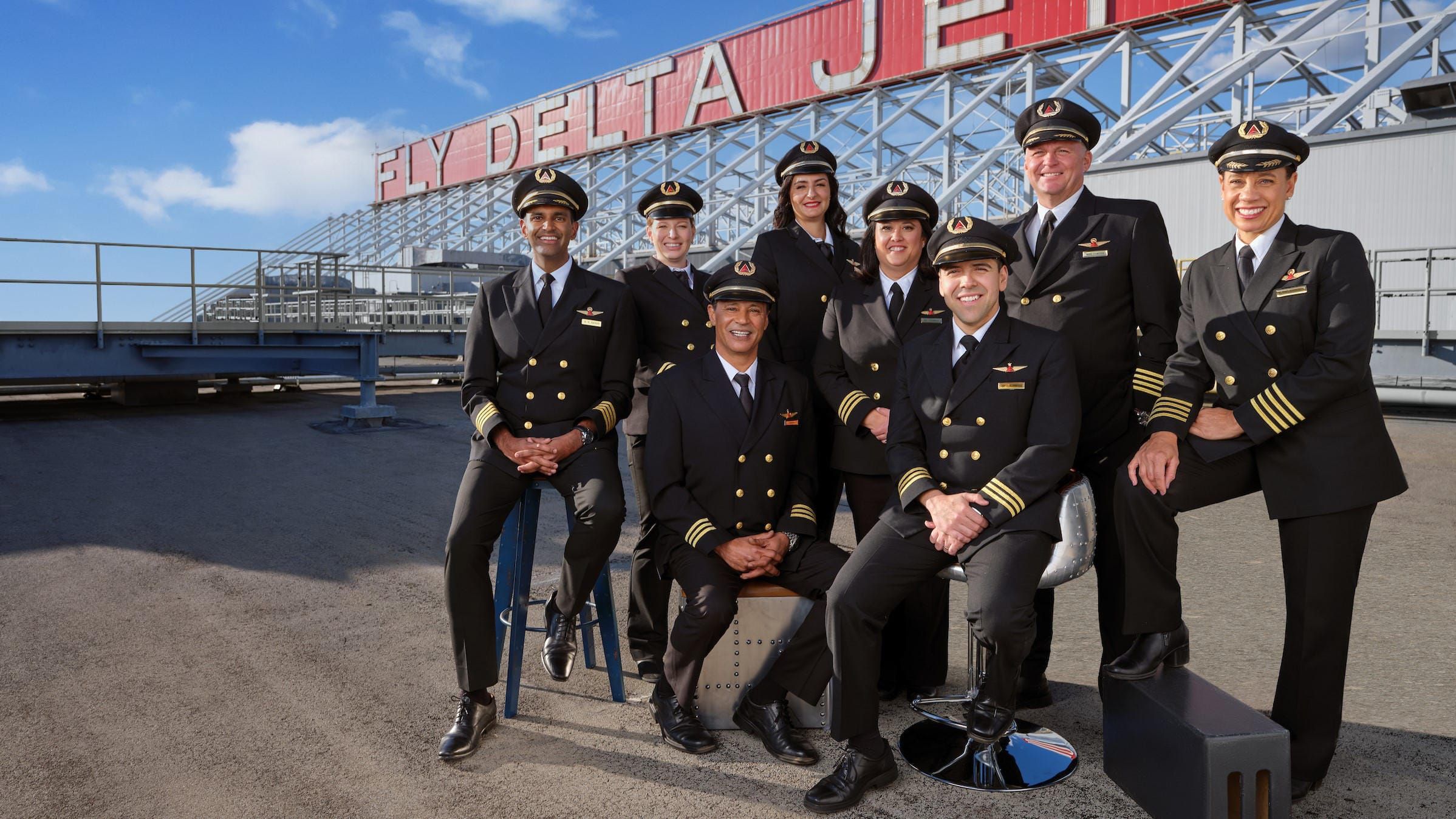Summary
- ALPA President Jason Ambrosi emphasizes the importance of having two trained pilots in the cockpit for safety reasons, citing an incident where a pilot's sudden incapacitation endangered passengers and crew.
- Ambrosi acknowledges the potential distractions caused by technology in the cockpit, but believes it can be managed by pilots and should not replace their understanding and manual flying skills.
- Ambrosi addresses concerns about the pilot shortage, stating that there is an adequate supply of pilots in the United States, but the training backlog due to COVID-19 is impacting the availability of pilots.
In an August 22 interview with Simple Flying, Air Line Pilots Association (ALPA) President Jason Ambrosi discussed issues around pilot supply and pilot safety in the United States. Those issues include crewing, pay and more.
A business case for two pilots
During the interview, Ambrosi stressed safety for commercial aviation starts with two trained pilots. Ambrosi raised the recent LATAM tragedy where a pilot died in-flight after collapsing in the restroom, and how not having another trained pilot would endanger the cabin crew and passengers.
Hence Ambrosi’s concern about some international airlines wanting to have long-distance flights with only a pilot in the cockpit with a lavatory and a relief pilot on standby. However to Ambrosi,
If your business plan or some airline’s business plans for an operator is based on the few cents per seat, it is to have two pilots in the cockpit at all times, then their business plan should probably be you know, reviewed.
Technology is a distraction but not a replacement
To Ambrosi, the growing technology in today’s cockpits is something to be “managed”. Ambrosi expounded sharing;
“I'll be honest with you, one of those distractions that pilots have to manage is, is the technology because, you know, all this new technology it has is made by engineers and pilots have to manage it. So that can be a distraction, right? The FAA has said that there's times when you need to just turn it all off and get back to flying airplanes because the technology can be overwhelming so bad things happen obviously.”
The author is currently reading pilot-author Karlene Pettit, Ph.D.’s Kindle Normalization of Deviance linked below. This passage of Dr. Pettit’s arguably supports Ambrosi’s assertions;
“Manual flight does not remove the necessity to understand the systems and utilize the information presented on the aircraft displays. Therefore, pushing buttons and allowing the aircraft to do its thing would be more comfortable for the pilot who lacks understanding.”
But when asked about artificial intelligence potentially replacing pilots, he replied that there's nothing he sees on the horizon that could "possibly replace two well-trained, qualified and rested pilots on the flight deck."
ALPA’s view on the pilot shortage
Simple Flying brought up the pilot shortage concerns voiced by many airline executives. Ambrosi believes there is an adequate supply beyond US market needs. However, he brought up the training backlog from COVID-19 that impacts the United States' pilot supply. The below video summarizes Ambrosi's views.
Get all the latest aviation news for North America here
Additionally, Ambrosi, a former regional airline pilot, shared his perception that United States regional airlines were worse off. He said that regional airlines have traditionally treated their pilots as second-class citizens. Ambrosi also added his perception that the Regional Airline Association (RAA), which represents regional airlines’ management, was advocating for the wrong solution. Granted, the RAA says,
“32 U.S. communities have lost all commercial air service since 2013. Another 42 airports have seen a 75% reduction in air service since 2013 and 77 airports have experienced a reduction of 50% or more."
However, Ambrosi shared that when he was flying for the regional airlines, his first officers would have low hours of flying time needing “on-the-job training” and regional airline passengers don’t deserve co-pilots needing on-the-job training.
Nor for SkyWest to “Exploit a loophole to offer rural communities less safe service” as Ambrosi put a SkyWest proposal to provide regional airline service as a less-regulated charter airline that does not require experienced first officers. Part of Ambrosi's concerns were that young regional pilots do not wish to wait to fly for major US airlines.
On sexual harassment
One matter that arguably impacts pilot supply is sexual harassment. After recent in-depth reporting by CNN and The Landing about sexual harassment in commercial aviation, Simple Flying asked about what ALPA’s response to sexual harassment is.
Ambrosi explained,
“There's no place for sexual harassment in the workplace, there's, you know, we have a hard policy on that. … We do everything we can to, you know, make sure that it's a safe and welcoming environment for everyone. … We process every official situation that comes forth and manage it, and work through it as best as we possibly can. But there's obviously no place for sexual harassment in the workplace.”
Ambrosi also added that ALPA has committees to help the union work through the problem of sexual harassment and an ALPA spokesperson said the training comes from the airlines.
Another small but acute factor in pilot supply is ensuring that pilots who are battling addiction can make a full recovery. Of course, the risk of an addicted pilot is small with over 45,000 flights a day but as Ambrosi reminded Simple Flying, airline pilots are the most highly scrutinized profession in the world.
Need for improved cockpit security
An ongoing concern for ALPA is the lack of secondary barriers in the cockpit. Although Ambrosi is grateful new airplanes will have to have an actual barrier versus a flight attendant to protect when pilots have to use the restroom, Ambrosi wants secondary barriers retroactively installed. Furthermore, Ambrosi is concerned about cargo aircraft lacking any barrier.
Additionally, Ambrosi stressed during the interview that cargo aircraft share the same airspace as passenger aircraft so the safety standard must be the same high standard.
On pattern bargaining
One final potential distraction to pilots is pay. Ambrosi was happy to share with Simple Flying that the leadership of the Alaska Airlines pilots union agreement set the tone for this round of United States pilots’ unions bargaining and helped raise the pay of Delta Air Lines and United Airlines pilots. As the Alaska Airlines chapter of ALPA podcasted below, the airline recently honored its contract with pilots to grant a competitive snap-up in pay.
However, the Alaska Airlines flight attendants are very upset and issued an Instagram statement,
What are your takeaways from this interview? Please share in the comments.
Sources: CNN, Normalization of Deviance, Regional Airline Association – Who We Are, The Landing



